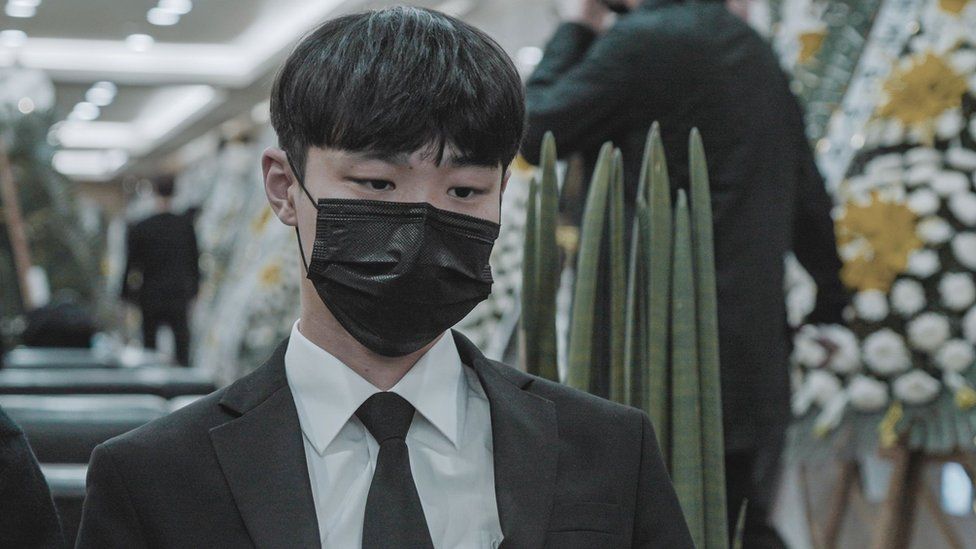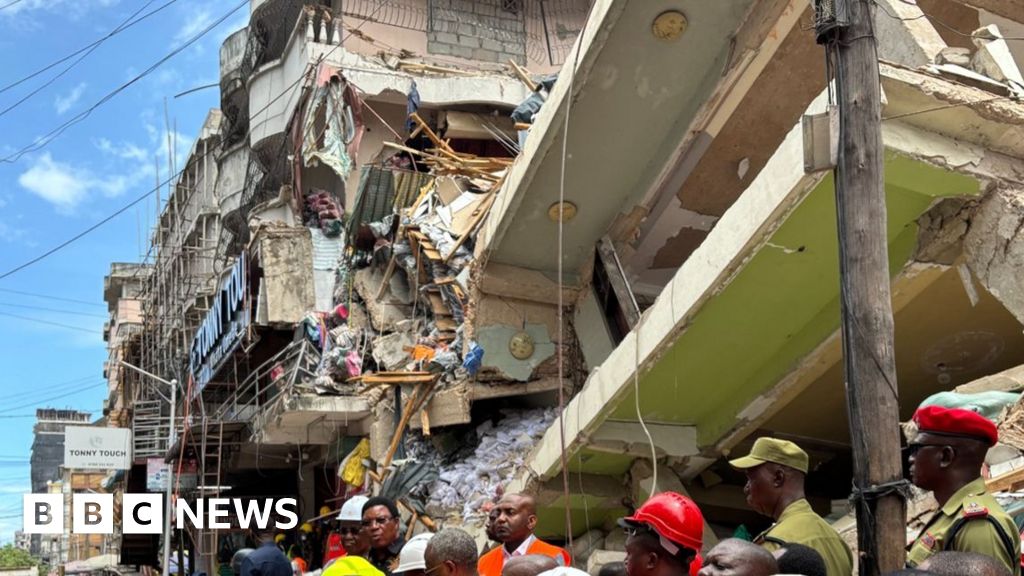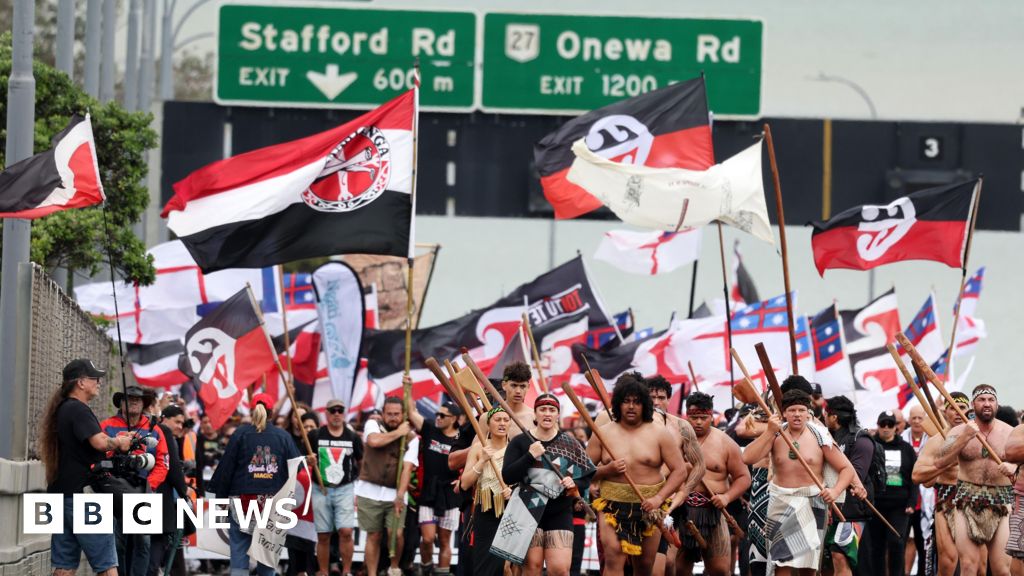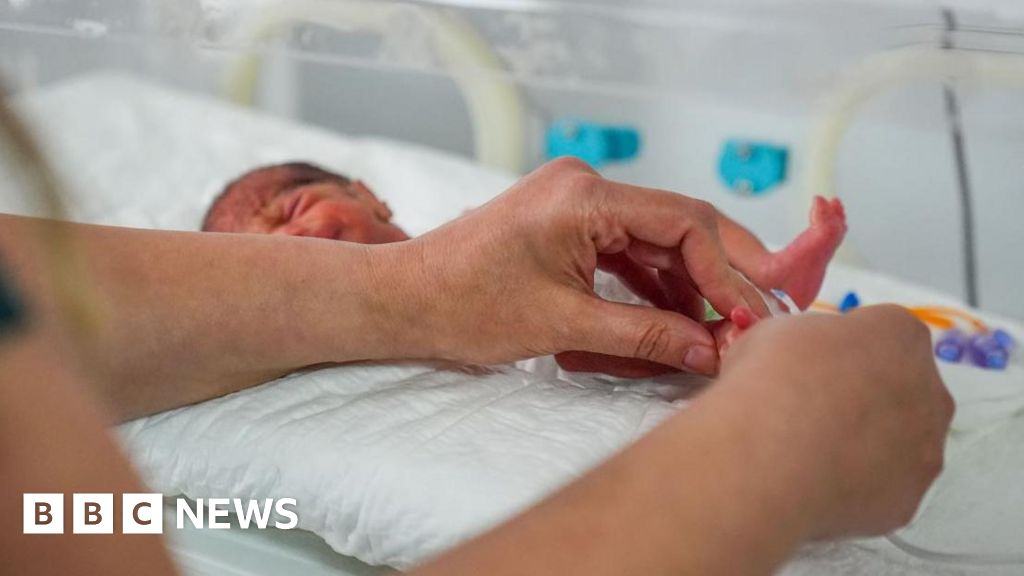ARTICLE AD BOX

Park Ju-sung had been friends with James for 20 years
By Jean Mackenzie
BBC Seoul correspondent
Seoul's funeral homes are now filled with the bodies of young people and their heartbroken parents. At the end of a long corridor, Mr Sim and his wife sit crumpled on a small sofa, unable to lift their heads.
Inside one of the rooms is the body of their son, 28-year-old James Sim. In the room next door is James' friend Yoon. And in a funeral home across the city lies James' girlfriend.
They had gone to Itaewon together on Saturday night with two other friends to celebrate Halloween. James had organised the evening. "He was always the organiser, as he loved nights out with his friends," his mother says.
James was one of 155 people who died in the crowd crush as a narrow bar-lined alleyway became dangerously overcrowded. The first sign something had gone wrong came when his parents - like many others - awoke to find their son's bed empty. James' father got his friends to call him. The police answered.
As they got caught in the deadly crush, two of the friends managed to claw their way through the crowd and up onto some railings at the edge of the alleyway. James, his girlfriend, and Yoon couldn't make it out.
James loved to exercise, and spent most of his spare time in the gym, lifting weights to bulk up, his mother says. She can't understand how this did not save him.
James' relationship was getting serious, his father says. He and his girlfriend would have married soon - if they had survived. He worked as a plumber, a job he did diligently, but his passions were skiing and surfing. His mother's eyes crease with a flicker of joy as she recounts what he loved to do, but his father's close and tears fall.
"James was the best older brother," he recalls. "How is my younger son going to cope without him?"
James' parents are not yet ready to blame anyone for the tragedy
In the room, next to his coffin, sit half a dozen of his old schoolfriends. Park Ju-sung has known him the longest, since they were eight.
"I was such a shy child," Ju-sung says, "James was my only friend. He invited me to everything and encouraged me to take up taekwondo with him. He helped me become more outgoing."
James' friend Yoon, whose coffin is in the next room, was grown-up beyond his 28 years and comfortable in his own company. He loved exploring. In the evenings, he used to go to bars alone and try to speak to foreigners so he could learn foreign languages, says Jung-su, who says he admired his confidence.
More than half the victims of were in their 20s and the trauma is being felt across this generation. This is the second disaster they have lived through. In 2014, 250 high school students died when a ferry sank off the southwest coast of the country. The high school students would have been in their 20s now.
Image source, EPA
Image caption,Investigators are piecing together what happened
At a large public altar, set up in the centre of Seoul, people gathered to mourn. Nineteen-year-old Kim Dae-hui laid a single while chrysanthemum, Korea's flower of mourning, in tribute to his friend Raghu Jordagan, who was 21.
He had moved to South Korea from Malaysia in January 2021. The pair had become friends after Raghu approached him on the street to compliment his style. He worked in construction to earn money for his family back home, but he was creative at heart and dreamed of being a fashion designer, said Dae-hui.
They would hang out and listen to hip hop music and swap fashion tips. They were teaching each other their languages. "Raghu was more patient than me, he never got annoyed," Dae-hi remembered, removing his glasses to allow his face to sink into his hands.
Raghu had video-called him from the alley as the crush started. He was next to a young woman who was struggling to breathe. They stayed on the phone as Raghu tried to figure out how to escape. Then the woman's hand went cold and Raghu hung up. This was the last Dae-hui heard from him.
Kim Dae-hui saw his friend Raghu on social media videos from the crush
The next morning, he looked through the videos being shared on social media and saw the face of his friend in the crowd, pale and distressed. He convinced himself it wasn't Rahgu, just someone similar looking. Then the police called. It seemed he had been pushed and trampled on, they said.
Learning the names and the stories of the dead is making this tragedy even harder for people here to comprehend. They need answers, putting authorities under increasing pressure to establish exactly what went wrong and who is accountable.
James' parents are not ready to blame. "Our son was pushed, and he died. It was an accident. We have not thought who was responsible. We cannot think. All we can do is cry."
Additional reporting by Won Jung Bae and Hosu Lee

 2 years ago
14
2 years ago
14








 English (US)
English (US)